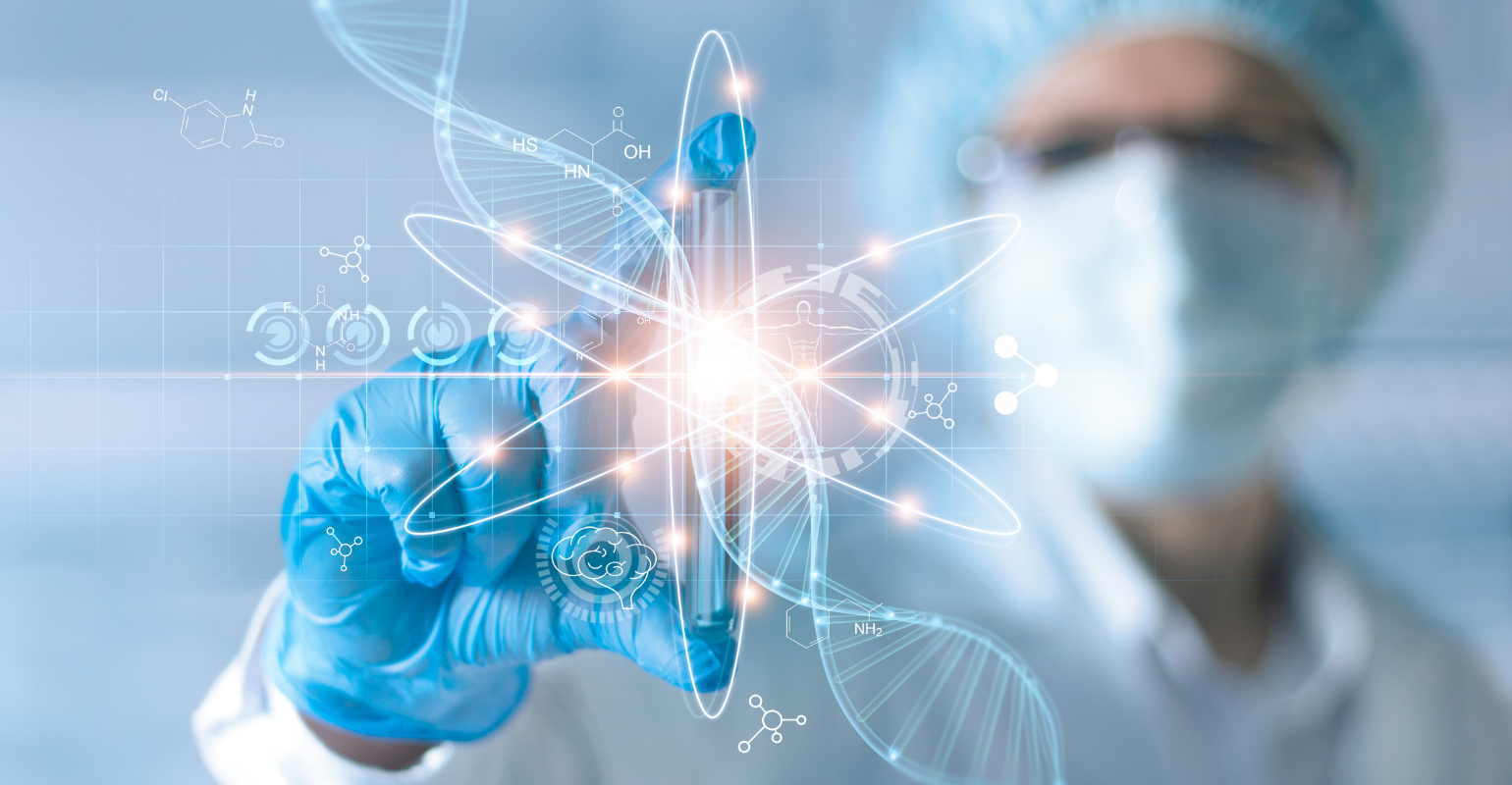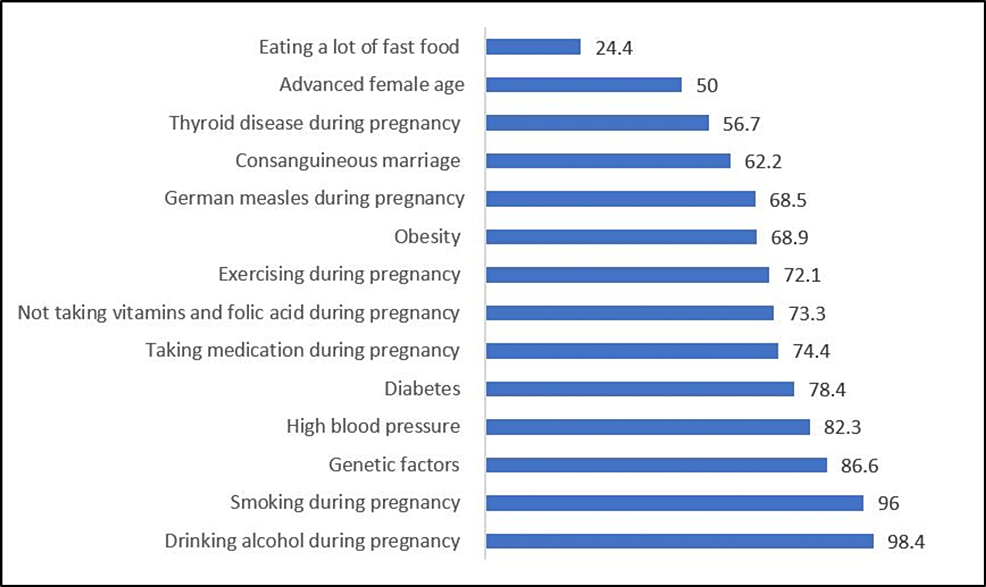Category Archives: Congenital disorders
As genetic testing becomes increasingly preemptive and predictive, healthcare institutions are advocating for genetic screenings to reduce the prevalence of certain diseases, enable early intervention and devise suitable treatment plans. Particularly in young couples, prior testing helps identify risks of genetic conditions the newborn could possibly inherit. In pregnant women, genetic screening helps detect possibilities […]
Noting that the term “nonalcoholic fatty liver disease” (NAFLD) is stigmatizing, an international group of medical organizations proposed a name change to “metabolic dysfunction-associated steatotic liver disease” (MASLD). This new name, formulated by 236 experts from 54 countries, was recently announced in a consensus statement in the journal Hepatology, after 74% of panelists agreed that […]
The age you are when you give birth can affect the chances of the baby developing certain medical conditions Rawpixel/iStockphoto/Getty Images The optimum age for giving birth to reduce the baby’s risk of certain health conditions is between 23 and 32, according to a study in Hungary, although the chances remain low at all ages […]
Mothers aged between 23 and 32 are less likely to have babies with congenital disorders than older and younger women, research suggests. Women who have a baby before the age of 23 face a 20 per cent higher chance of it developing abnormalities, data show, while those over the age of 32 are 15 per […]
Two to three weeks after conception, an embryo faces a critical point in its development. In the stage known as gastrulation, the transformation of embryonic cells into specialized cells begins. This initiates an explosion of cellular diversity in which the embryonic cells later become the precursors of future blood, tissue, muscle, and more types of […]
Key Points Question What are the biochemical changes associated with ambroxol repurposing among patients with Gaucher disease who have not received any disease-specific treatment? Findings In this case series of 28 unselected participants, significant improvements in hematologic parameters, visceral volumes, and plasma biomarkers were observed for 26 patients after a mean (SD) treatment duration of […]







